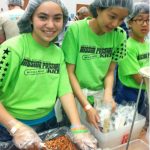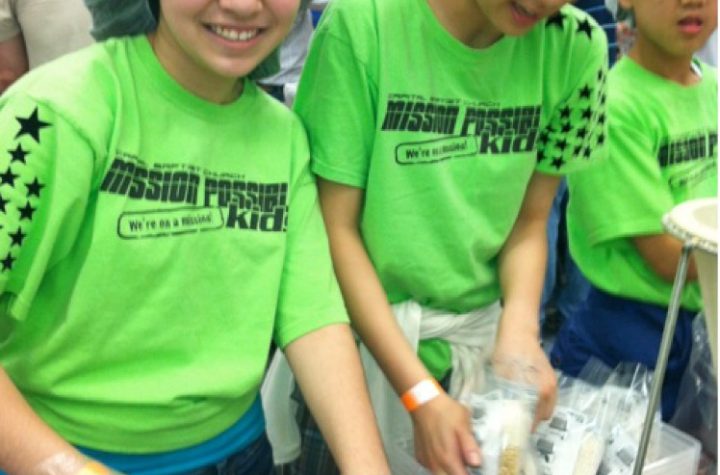The best approach to shield yourself against the new coronavirus is to maintain at least 1 metre away from others and to clean your palms regularly and completely. It is also useful for your basic health to keep up a balanced food regimen, keep well hydrated, train often and sleep nicely. Coronavirus is a household of viruses that typically causes the widespread chilly and higher respiratory symptoms.
The virus that trigger COVID-19 spreads primarily by way of droplets generated when an contaminated individual coughs, sneezes or speaks. You can even turn into infected by touching a contaminated floor after which touching your eyes, nostril or mouth earlier than washing your hands. To shield yourself, keep no less than 1-metre distance from others and disinfect incessantly-touched surfaces. Clean your hands totally and infrequently and keep away from touching your eyes, mouth and nostril. Hot peppers in your meals, although very tasty, cannot forestall or remedy COVID-19.
Matthew Stanley, at Duke University in Durham, North Carolina, has reported a similar sample in people’s susceptibility to the coronavirus hoax theories. Remember that around thirteen% of US citizens believed this principle, which might doubtlessly discourage hygiene and social distancing. “Thirteen p.c looks like a lot to make this [virus] go around in a short time,” Stanley says.
Recent evidence shows that many individuals reflexively share content material with out even excited about its accuracy. Just think about the author Kelly Brogan, a distinguished Covid-19 conspiracy theorist; she has a level from the Massachusetts Institute of Technology and studied psychiatry at Cornell University. Yet she has shunned clear proof of the virus’s danger in nations like China and Italy.
This new initiative of FAS aims to debunk misinformation circulating the web on matters of public health and safety, as well as provide clear and sourced data for policymakers. Below, we minimize through the noise to current clear information and advice for the public, policymakers, and reporters on the lookout for scientist-led and evidence-primarily based analysis. We wish to make science accessible, so we’re translating scientific papers stuffed with jargon and shoptalk into plain language for anybody who wants to be within the know. As an award-winning science site, BBC Future is committed to bringing you proof-based analysis and myth-busting stories around the new coronavirus.
Gordon Pennycook, a leading researcher into the psychology of misinformation on the University of Regina, Canada, requested participants to think about a combination of true and false headlines about the coronavirus outbreak. When they were particularly asked to judge the accuracy of the statements, the participants stated the pretend information was true about 25% of time. When they were merely asked whether or not they would share the headline, nonetheless, around 35% stated they would move on the fake information – 10% extra. These tricks have long been known by propagandists and peddlers of misinformation, but today’s social media may exaggerate our gullible tendencies.
From Facebook to WhatsApp, frequently shared misinformation embrace every thing from what caused the outbreak to how you can stop changing into unwell. However, there is no proof from the current outbreak that consuming garlic has protected individuals from the brand new coronavirus. To date there was no data nor evidence to recommend that the new coronavirus could be transmitted by mosquitoes.
She even went as far as to question the essential tenets of germ concept itself while endorsing pseudoscientific ideas. At worst, the ideas themselves are dangerous – a recent report from one province in Iran discovered that extra people had died from consuming industrial-strength alcohol, primarily based on a false declare that it may defend you from Covid-19, than from the virus itself. But even seemingly innocuous ideas may lure you and others right into a false sense of security, discouraging you from adhering to government pointers, and eroding belief in well being officials and organisations. Now, we’re seeing a fresh inundation of pretend information – this time across the coronavirus pandemic.
The new coronavirus is a respiratory virus which spreads primarily through droplets generated when an contaminated person coughs or sneezes, or via droplets of saliva or discharge from the nostril. To shield your self, clean your arms regularly with an alcohol-primarily based hand rub or wash them with soap and water. Being able to maintain your breath for 10 seconds or more without coughing or feeling discomfort DOES NOT imply you are free from the coronavirus disease (COVID-19) or any other lung disease. To date, there isn’t a evidence or info to counsel that the COVID-19 virus transmitted by way of houseflies.





More Stories
The media found the son of a British politician on the front line in Ukraine
Prince Harry and Meghan Markle promised Elizabeth II to do “no drama” at her anniversary party
Major European countries caught reconsidering their position on Ukraine